What Is a Commercial Property? A Prospective Home Buyer's Need-to-Know Guide
Home hunters, especially in an old city, may occasionally encounter a tantalizing prospect that is, confusingly, actually a commercial property rather than residential one. Such a candidate could be a townhouse with more than four apartments, a home with a store on the ground floor, or even a standalone mansion housing a doctor’s office, to…

Home hunters, especially in an old city, may occasionally encounter a tantalizing prospect that is, confusingly, actually a commercial property rather than residential one. Such a candidate could be a townhouse with more than four apartments, a home with a store on the ground floor, or even a standalone mansion housing a doctor’s office, to name just a few of the possibilities.
Homeowners, whether actual or hopeful, do not typically deal with commercial property, but it is important to know that different rules may apply — especially when it comes to taxes, rent regulation, borrowing money and down payment requirements.
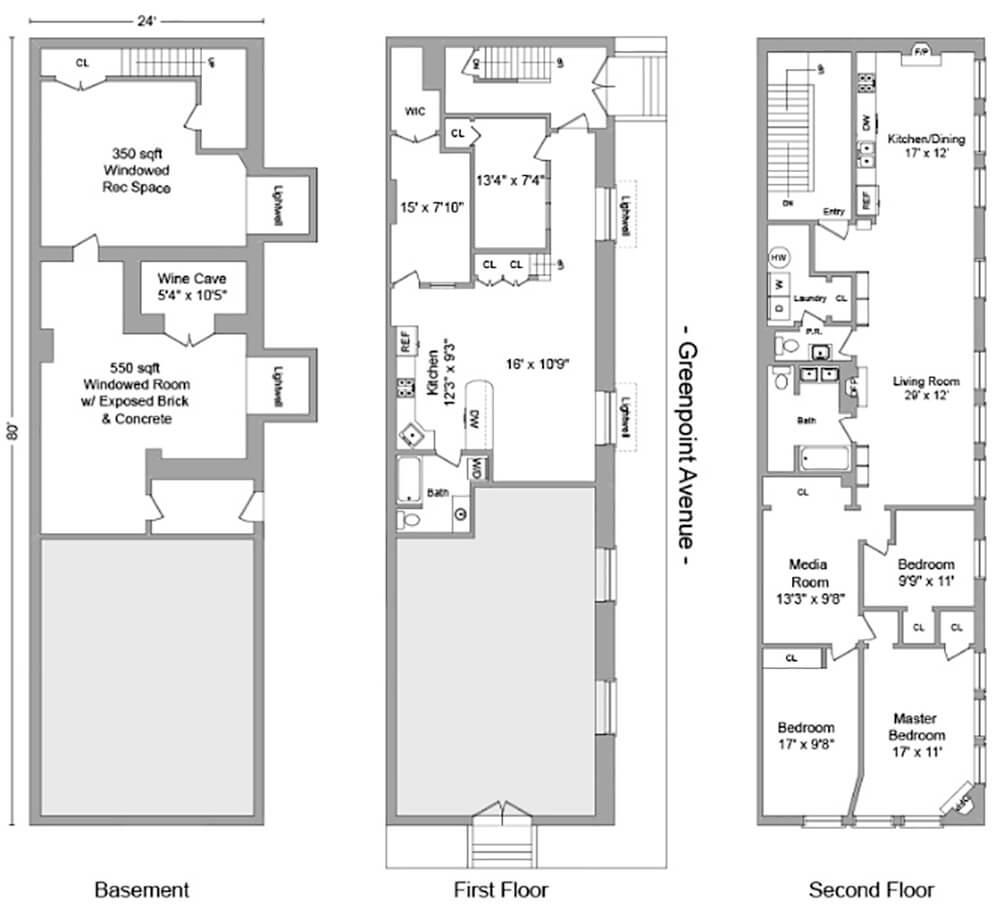
A quick definition of commercial property
Generally, a commercial property is any non-residential building, although some define it more narrowly as for-profit property. There are many types. Commercial property can include anything from a small storefront building to an apartment building to a shopping mall. Even community buildings such as schools and churches count as commercial property, in the broad sense of the term.
Home hunters in New York City are most likely to encounter two types: Townhouses or small apartment buildings with more than four units, and small mixed-use buildings, which include both commercial and residential units.
Conversely, residential properties can be defined as properties with one to four units and no commercial space. A mixed-use property falls into the commercial category because it contains both residential and commercial units.
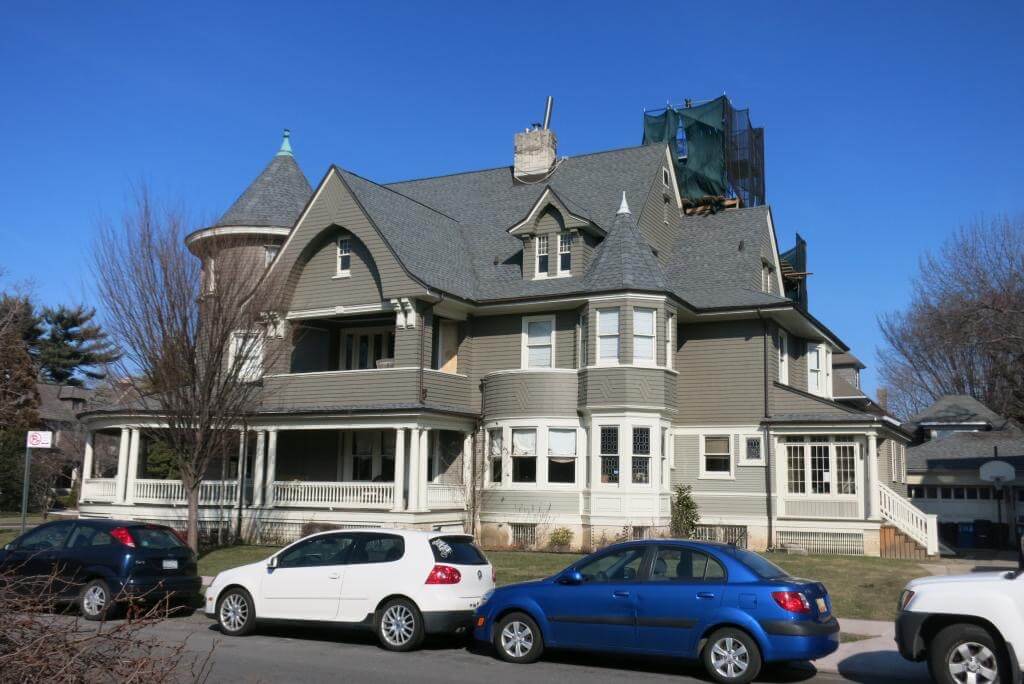
Examples of the sorts of buildings prospective buyers are likely to encounter in Brooklyn include 144 Franklin in Greenpoint and 1306 Albemarle Road in Prospect Park South, both pictured. The first was a commercial building originally: the Mechanics and Traders Bank of Brooklyn, built in 1895 in the Renaissance Revival style.
In the ’80s, it went co-op and was divided into four units, including three apartments and one commercial unit. So although the structure is small and contains apartments, it remains a commercial building.
The second, a sprawling standalone house with extravagant interior details such as an oval dining room with tapestry-covered walls, seems an unlikely candidate to be a commercial building. But in fact, it was one until quite recently: Medical offices were located in what had originally been the kitchen, in the rear of the parlor floor. (The current owner converted the whole building back into a single-family home in 2014.)
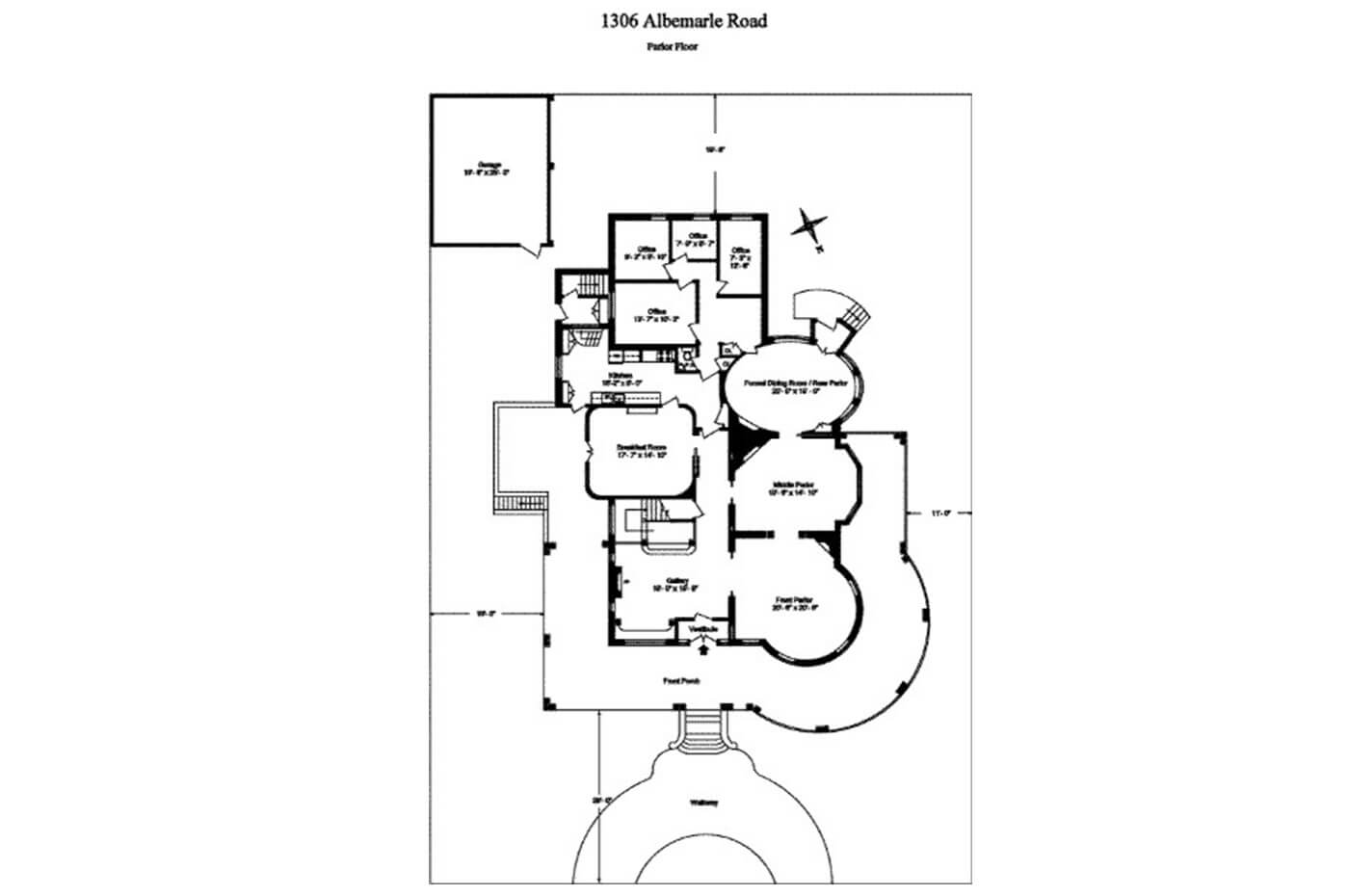
Things to know before buying a commercial or mixed-use property
Mixed-use property requires a down payment of at least 20 percent. But purely residential multi-family properties can be financed with as little as 3.5 percent down, depending on the number of apartments.
It is also important to understand that a commercial certificate of occupancy, say in the case of a storefront, can’t be changed to residential without significant difficulty.
Commercial properties require a commercial loan, which have higher interest rates. Closing costs will also be higher for commercial property.
Even after purchase, different rules apply. Commercial property is taxed at a higher rate than residential property, and insurance rates will be higher.
Multi-family buildings with five or more apartments may fall under New York rent regulation laws (depending on a variety of factors). City requirements for health and safety — such as as sprinklers, fire escapes, and fireproofing — are more stringent for commercial property than for homes with only one to three units.
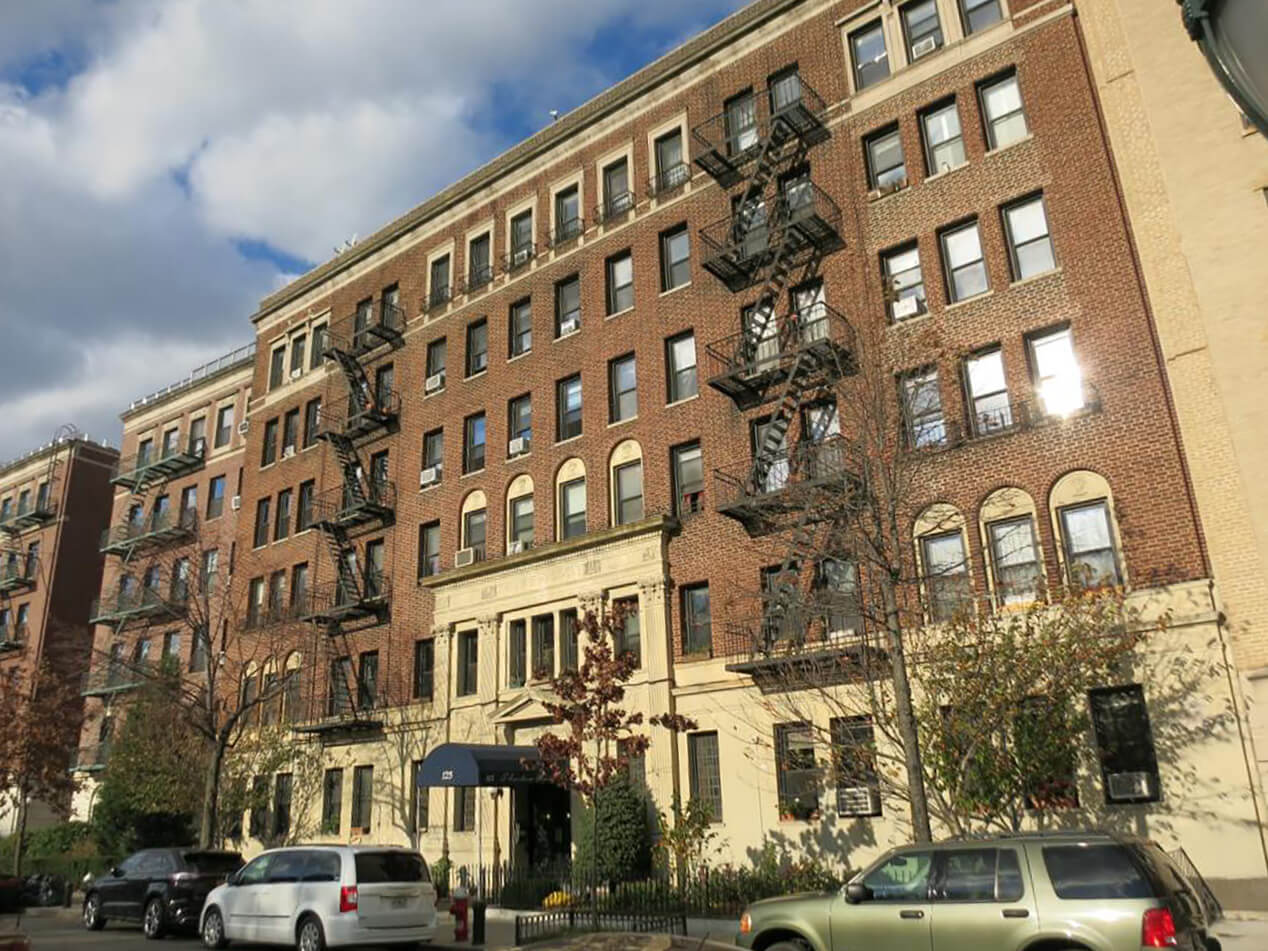
Understanding a property’s certificate of occupancy and the implications of a commercial tenant
A buyer should check the certificate of occupancy before purchase. If there is commercial space, that could mean the future owner will rent to a commercial tenant, such as a store. Commercial tenants typically offer the advantage of stability, often signing long-term leases.

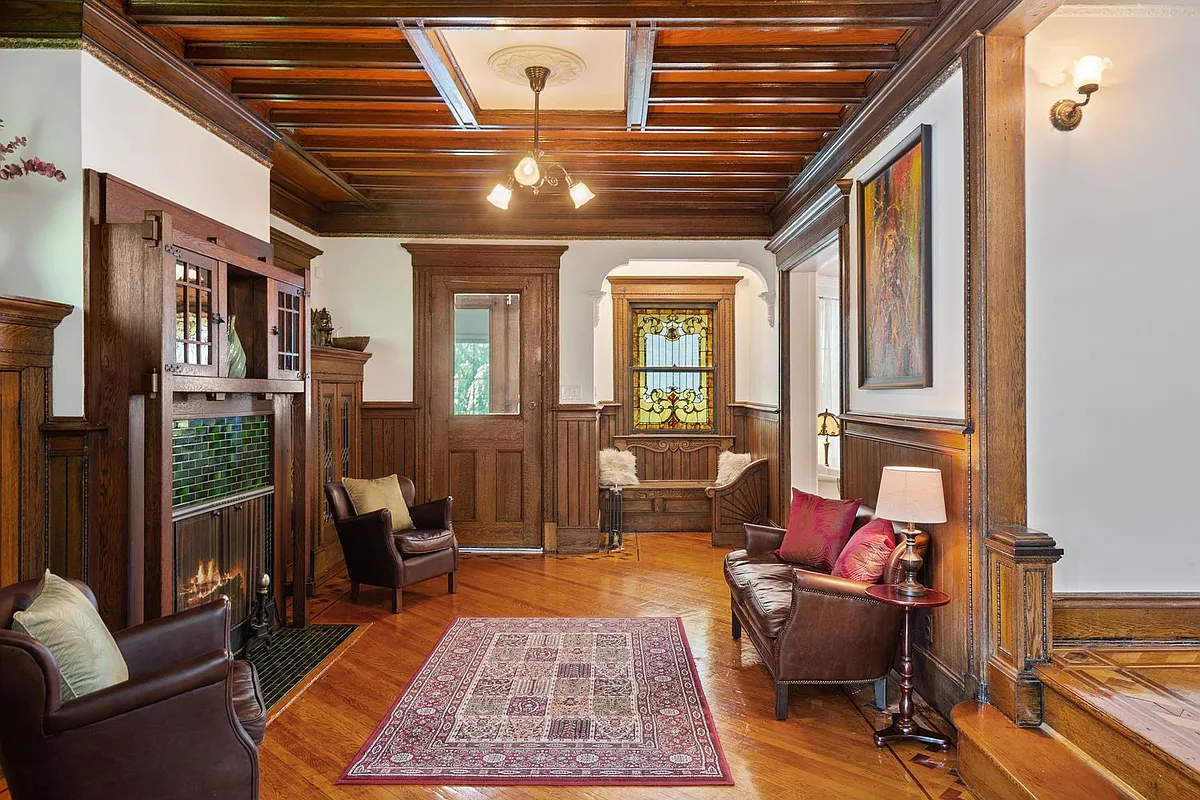

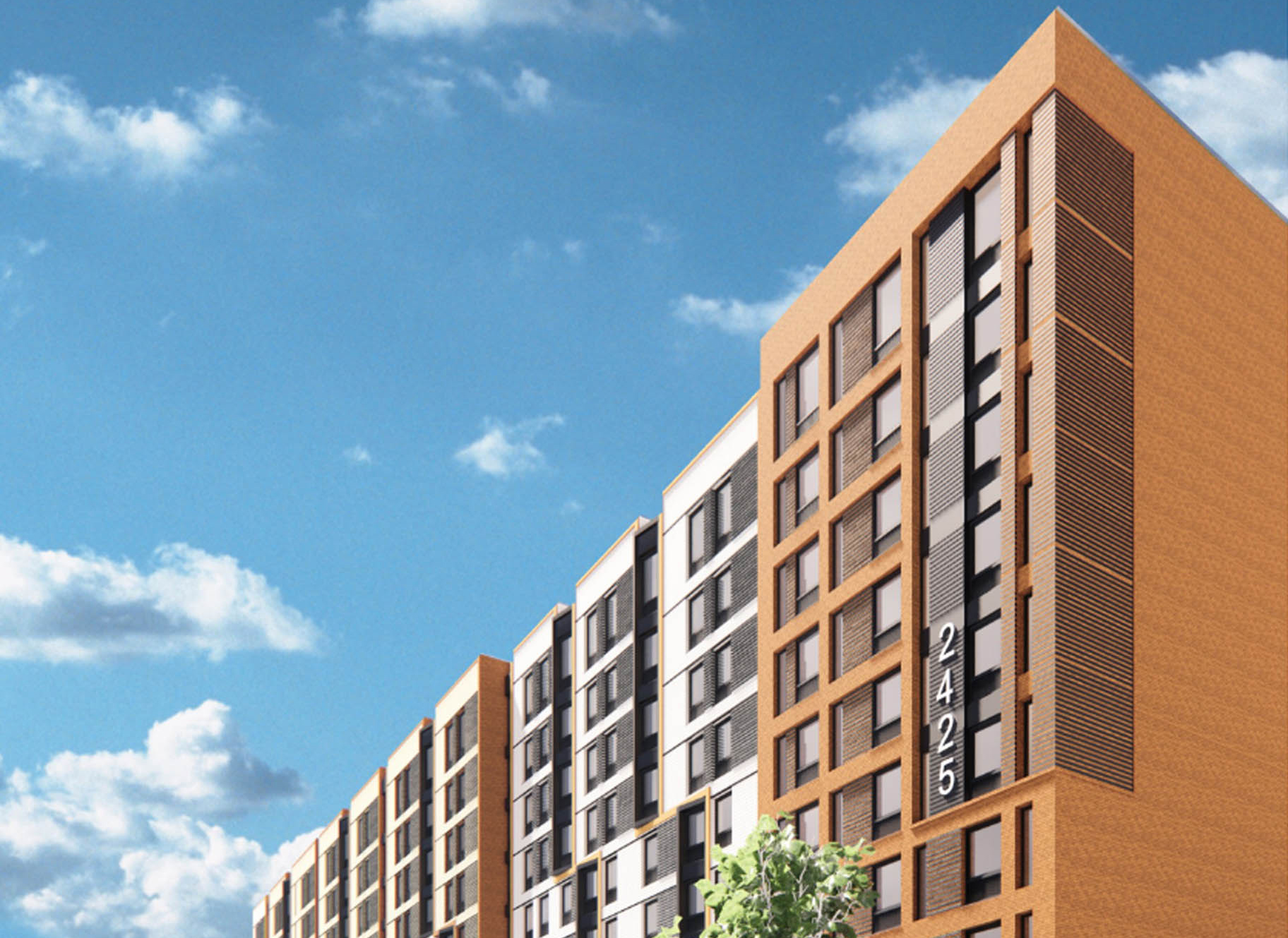

What's Your Take? Leave a Comment